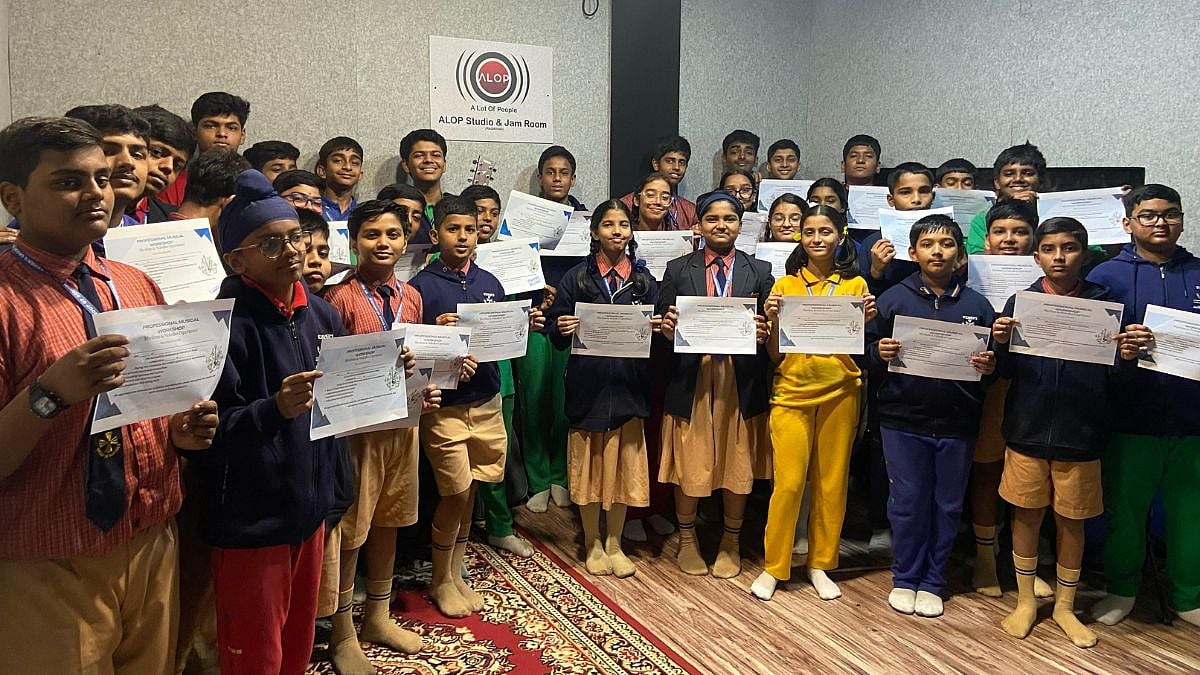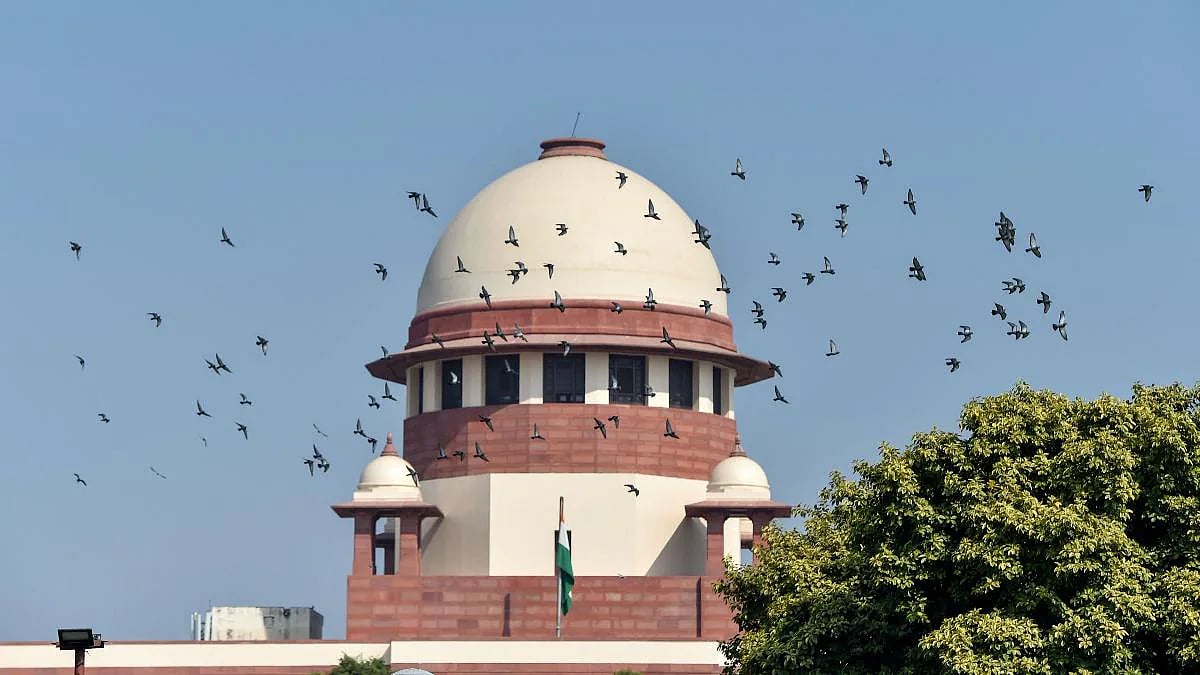The proposal of the Securities and Exchange Board of India (SEBI) to make guidelines to regulate social media influencers on finance going by the facile name finfluencers is welcome insofar as it would be the first tentative step. In recent years, SEBI has substantially raised the regulatory bar on individuals and firms that offer professional investment advice, though to what effect remains debatable. Commission-earning mutual fund distributors are expressly barred from giving product advice though these persons know how to get around this bar. All individuals and firms dispensing advice on mutual funds or listed securities are required to register with SEBI either as Research Analysts or Registered Investment Advisers (RIAs), adhering to minimum academic qualifications and eligibility criteria.
Registered advisers are subject to regulations that prevent front-running such as public disclosures of personal holdings and relationships with financial firms. But influencers on social media, who produce content on everything from stocks to bonds and derivatives trading, proffer financial advice without adhering to any of these ground rules. While SEBI frowns upon conflicts of interest for registered intermediaries, social media influencers often re-purpose paid-for plugs as ‘free’ educational content and monetise their large follower base by taking hefty fees from financial firms whose bidding they do on social media. Some finfluencers have lured unwary and unsuspecting retail folk into unregulated products such as cryptocurrencies, non-fungible tokens and crypto deposits.
While it is desirable for SEBI to turn its attention to financial advice on social media, monitoring megabytes of content across multiple platforms can be a tall order. SEBI can perhaps take a targeted approach. One, for products under its ambit such as stocks, bonds, mutual funds or derivatives, it can require all social media influencers offering recommendations or advice to register with it, subject to the same qualification criteria as RIAs, though it is doubtful it will beget even a modicum of compliance.
Second, for SEBI-registered RAs or RIAs who are also on social media platforms, transaction and disclosure rules that apply to offline recommendations should apply to social media content too. This might work especially if there is a threat of them losing their on-ground registration for violation of norms on social media. Influencers found to be in violation of SEBI’s insider trading and PFUTP (Prohibition of Fraudulent and Unfair Trade Practices) regulations or indulging in front-running should be subject to the same stringent enforcement actions meted out to mainstream market players. Of course, on more generic content that doesn’t constitute specific advice, caveat emptor must apply. SEBI can, of course, run its own complaint handles on social media to encourage users to directly report violations to it. This could be policing onsite.
Having said that, it must be conceded that social media influencers provide content beyond listed securities and so reining them in cannot be SEBI’s remit alone. The Finance Ministry and RBI need to coordinate their efforts to curb this menace. Youngsters, especially millennials, flock to social media platforms for financial knowledge because they find the content presented there more attractive compared with official investor awareness seminars or articles. SEBI and other financial regulators need to keep this in mind while framing plans for investor education.
More realistically, the Government of India must enlist the support of influential governments to rein in the incorrigible finfluencers on social media. There is a precedent and parallel for such an initiative. Multinational companies (MNCs), which account for the lion’s share of the global GDP, are also the sophisticated tax avoiders through such stratagems as base erosion, profit shifting and reinvoicing centres to ‘conveniently’ earn profits at low tax nations. The OECD took cognisance of this wiggle room about five years ago and has been taking several initiatives to neutralise their manoeuvres, including the broad agreement to impose a minimum 15% corporate tax by member nations. The U.N. General Assembly has recently thrown its weight behind this laudable initiative.
The point is when a menace is widespread, transcending national borders, no single government, howsoever powerful, can tackle it all by itself. All the more so when such a menace lurks from the virtual world that hardly knows, much less respects, national borders. India therefore should press for a concerted international or multilateral initiative to rein in finfluencers in particular and mischief-makers in general on the social media.
The Indian Government could a few years ago successfully compel international card majors Visa and MasterCard to set up servers in India to achieve the twin purpose of getting more taxes from them, thanks to such servers constituting permanent establishments in India that allows the Indian Government to put a shovel into their fees emanating from the country, in addition to ensuring that Indian data, as it were, remained within India. But that simply cannot be replicated with social media because while it is easy to establish a direct relationship of a card with an Indian establishment through an Indian spender, finfluencers dispensing gyaan do not necessarily operate from India. Therefore, the democratic world has no choice but to come together on a common platform to achieve their common goal of reining in the incorrigible elements on social media. While Facebook and Twitter might have put in place systems to spot and remove objectionable content, financial advice may elude such ostracization as financial advice is hardly ever abusive, though by all accounts, it is more harmful for the laity led up the garden path.
The writer is a freelance columnist for various publications and writes on economics, business, legal, and taxation issues









